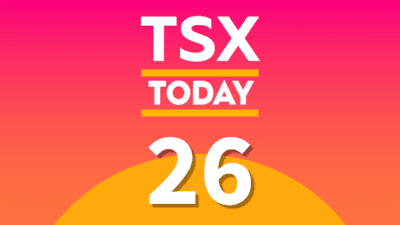Canada Goose Holdings Inc. (TSX:GOOS)(NYSE:GOOS) is the latest craze for Canadian investors as it’s one of the most recent initial public offerings (IPOs) to hit the market. The brand is strong, and all indications are that sales and profits are solid; however, many investors keep coming back to the same issue with Canada Goose and other recent Canadian IPOs: the company’s dual-class share structure.
Here’s a big shout out to Will Ashworth for one of the most well-written pieces on dual-class share structures I’ve seen. I agree with Will on all his points on this topic and, as such, am conflicted as to what to believe with Canada Goose out of the gate.
Will’s thesis, which I share, is that dual-class share structures do not ruin companies; rather, bad management does. I would venture to say that dual-class share structures, while generally not affecting the overall quality of management in any way, do affect how easily a given company can move in another direction with a new management team.
I would agree that great companies with the dual-class share structures do exist; however, I would also say that far more of these companies with dual-class share structures have poor management teams or have been drifting in the wrong direction for too long.
As a long-term investor, I am the first one to say that sticking to a game plan for a specified period of time and giving the management team the opportunity to execute its promises is important for capitalism. That said, many examples exist of companies that have spent years, in some cases decades, heading in the wrong strategic direction due to a dual-class share structure; many of these companies (think Bombardier, Inc.) simply wither away, becoming distressed or bankrupt.
In one way, I applaud Canada Goose for getting the IPO done with a dual-class share structure. If the investment bankers and lawyers believe that the IPO can be closed with a dual-class share structure at nearly the same valuation as if each common share held one voting right, all the power to the CEO.
To me, the recent IPOs of Canada Goose, Aritzia Inc., and Freshii Inc. are signals that the Canadian IPO market has weakened substantially to the point that the companies are calling the terms by which they will list their company for an IPO. Typically, in a hot IPO market, competition among companies looking to list will lead to very few, if any, of the companies listing with a dual-class structure as it will make them less competitive for investors considering all their options.
I would think that more IPOs with dual-class voting structures, or other, even more exotic structures, will come to light in the near future. I tend to stay away from these companies based on personal preference, taking the long-term view that it is better for a shareholder to hold the option to oust management. That said, here’s to the investors who believe in the management, the brand, and the execution, because a lot is riding on them.
Stay Foolish, my friends.








